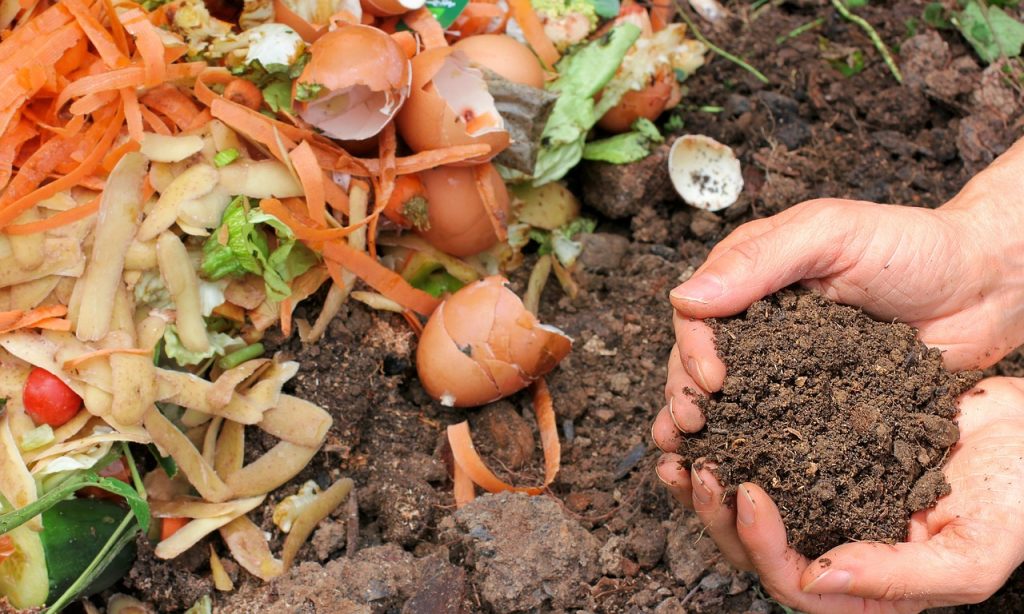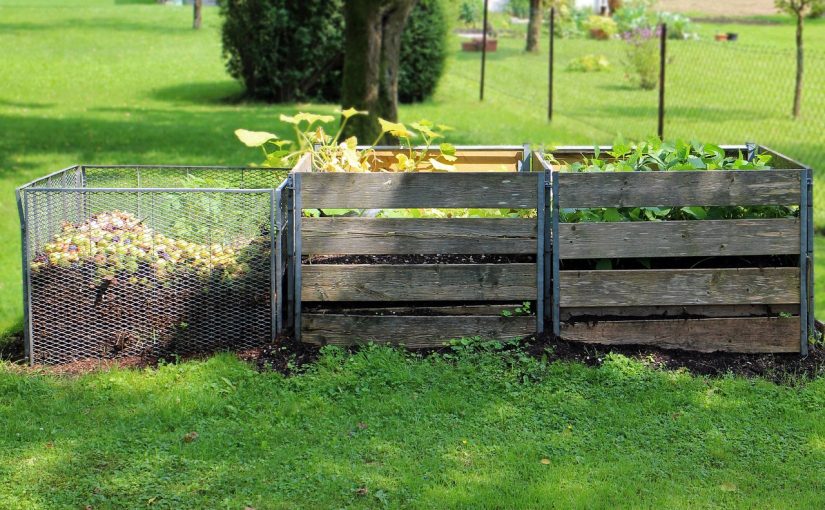Oxygen plays a critical role in the composting process. Without sufficient oxygen, composting can stall, and your efforts to create nutrient-rich compost for your garden may be hindered. In this article, we’ll explore why oxygen is important in composting, how it influences the decomposition process, and tips for ensuring your compost pile gets the air it needs.
The Role of Oxygen in Composting
Composting is a natural process that breaks down organic matter into rich, fertile humus that can be used to enrich your garden soil. This process involves various microorganisms, fungi, and bacteria that consume the organic material, breaking it down into smaller components. Oxygen is essential for these microorganisms to survive and function. Here’s why:
- Aerobic Decomposition: Composting relies primarily on aerobic decomposition, where microorganisms break down organic matter in the presence of oxygen. These microorganisms, such as bacteria and fungi, use oxygen to convert carbon-based materials into compost. Oxygen fuels their activity, speeding up the decomposition process and producing a high-quality, odor-free end product.
- Faster Decomposition: When there’s enough oxygen in the compost pile, aerobic microorganisms can work efficiently to break down materials like plant matter, food scraps, and yard waste. With proper airflow, the composting process is faster, typically taking a few weeks to a few months to produce finished compost, depending on the size of the pile and the materials used.
- Temperature Regulation: Aerobic composting generates heat. As microorganisms break down organic material, they release energy in the form of heat. In an oxygen-rich environment, the pile can reach temperatures between 120-160°F (49-71°C), which is optimal for decomposing organic matter. Higher temperatures help break down pathogens and weed seeds, resulting in safer, healthier compost for your garden.
- Reduced Odors: Without enough oxygen, your compost pile may enter anaerobic decomposition, where microorganisms break down organic matter in the absence of oxygen. Anaerobic decomposition produces unpleasant odors, such as a rotten smell, which can make composting undesirable. With sufficient oxygen, aerobic microorganisms keep the compost pile balanced, avoiding these foul smells and promoting a cleaner, healthier environment.

How Lack of Oxygen Affects Composting
When there is not enough oxygen in the compost pile, anaerobic conditions can take over, leading to several problems:
- Slower Decomposition: Anaerobic microorganisms decompose organic matter more slowly, which means your compost pile will take much longer to break down, resulting in a longer wait for finished compost.
- Smelly Pile: The lack of oxygen can lead to the release of methane and hydrogen sulfide gases, which are responsible for unpleasant odors. A smelly pile indicates that the compost is not decomposing efficiently.
- Imbalanced Microbial Activity: Anaerobic decomposition may not break down organic materials as effectively as aerobic decomposition, leading to a compost pile that is less nutrient-rich and not as suitable for your garden.
How to Ensure Sufficient Oxygen in Your Compost Pile
To promote healthy, aerobic decomposition and avoid anaerobic conditions, it’s crucial to ensure your compost pile receives adequate oxygen. Here are some tips:
- Turn Your Pile Regularly: Turning your compost pile is one of the most effective ways to add oxygen. Aerating the pile by stirring or flipping it allows fresh air to reach the interior, helping to keep the microorganisms active. Turning the pile every 1-2 weeks is usually sufficient.
- Use a Compost Aerator: A compost aerator is a tool designed to help mix and agitate the compost pile, introducing air into the layers. These tools can be especially useful for larger compost bins or piles that are difficult to turn by hand.
- Maintain Pile Size and Shape: Keeping your compost pile at an appropriate size—usually 3 feet wide by 3 feet tall—ensures it heats up efficiently and allows air to circulate. Piles that are too small may not generate enough heat, while larger piles may become compacted and lose oxygen.
- Avoid Compacting the Pile: Avoid packing your compost pile too tightly, as this reduces airflow and can cause anaerobic conditions. Aim for a loose, airy structure to allow oxygen to penetrate throughout the pile.
- Add Coarse Materials: Incorporating coarse materials, like twigs, straw, or wood chips, helps to keep air pockets open within the compost pile. These materials improve aeration by creating space between the layers, allowing oxygen to flow more easily.
- Use a Compost Bin with Ventilation: If you’re using a compost bin, choose one with proper ventilation holes or slats. These openings allow air to flow into the pile and prevent it from becoming oxygen-deprived.
Conclusion
Oxygen is a vital element in the composting process, driving the activity of beneficial microorganisms that break down organic matter. Without oxygen, your compost pile will be slow to decompose, may develop unpleasant odors, and may not yield the high-quality compost you desire. By ensuring your compost pile has adequate airflow through regular turning, maintaining proper pile size, and adding coarse materials, you can foster a healthy aerobic environment that leads to faster decomposition, better-quality compost, and a more efficient waste management system.
With the right attention to oxygen levels, your composting efforts will be more successful, leading to richer, nutrient-packed compost that benefits your garden and reduces waste.




